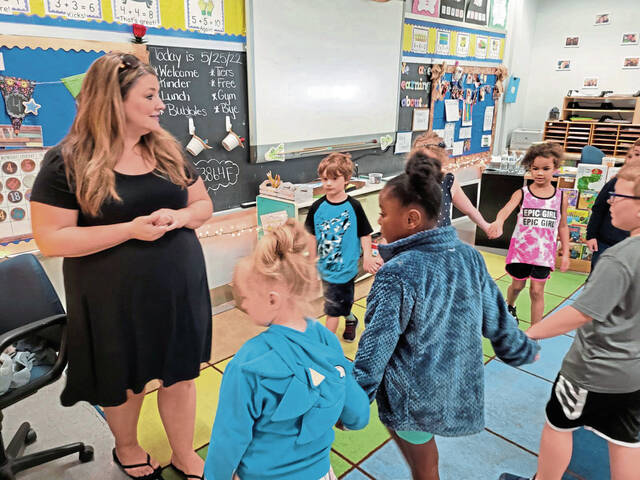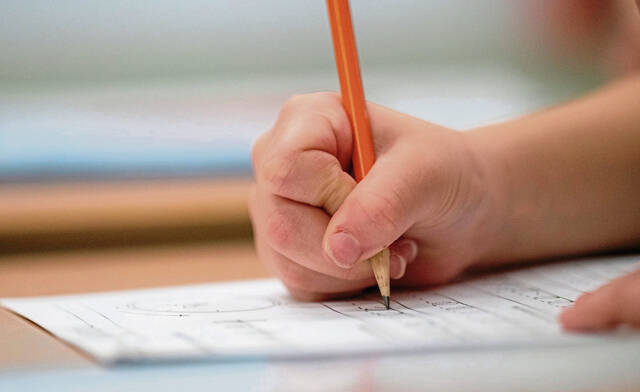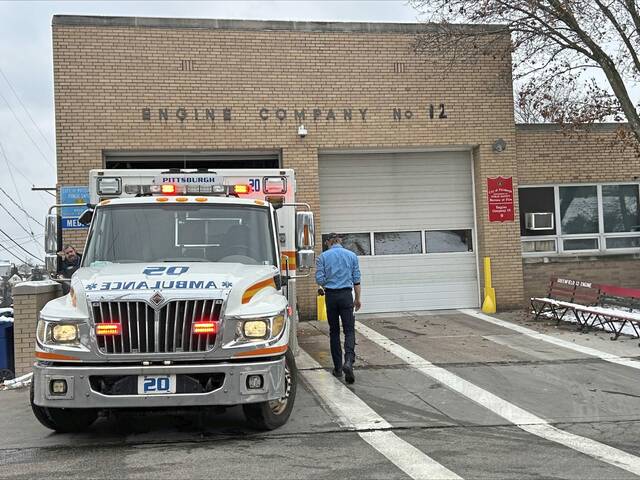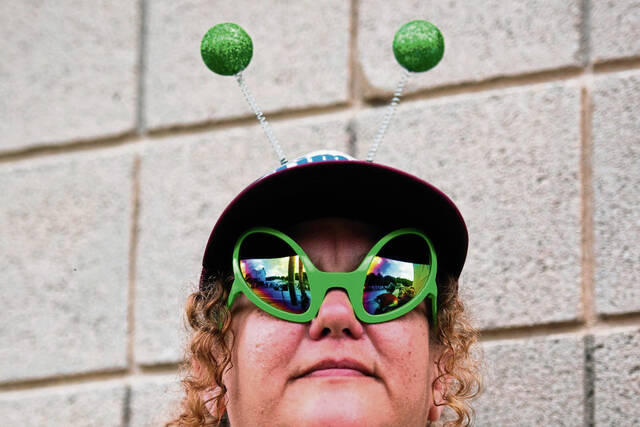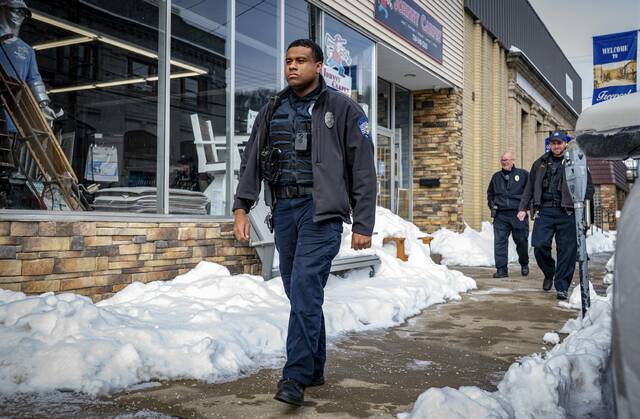“The teacher shortage is real, large and growing, and worse than we thought.”
This quote, from an Economic Policy Institute report titled “The Perfect Storm in the Teacher Labor Market,” is not hyperbole. The most surprising thing about it is how prophetic it is.
The report was released in March 2019 — a year before the coronavirus pandemic that takes much of the blame for the current state of educational employment in America.
It can be hard to remember, but, like the nursing shortage, the exodus of teachers from the profession predates covid-19 — and it isn’t just about burnout of those who have been doing the job. It starts with the kids who graduate from high school and move on to college knowing full well what teaching is like from the receiving end.
An Education Week story from March 2022 clocks the slide over 10 years. From the 2008-09 school year to 2018-19, the number of college students pursuing teaching dropped steadily. While the number of bachelor’s degrees in all fields rose 29%, the number of education degrees fell 22%.
Since the pandemic, it’s fallen even faster — as much as 11% each year for some colleges.
In Pennsylvania, new teaching certificates have fallen 66% since 2010.
The Keystone State is recognizing the problem, but a legislative proposal that would make it easier for out-of-state teachers to get Pennsylvania certification doesn’t just seem too little and too late. It might be an attempt to fix a sinking ship with masking tape. It won’t make the situation worse, but it’s unlikely to correct much of the problem, either.
“This is not a partisan issue,” said state Rep. Carmen Bartolotta, R-Washington. “This is not an Eastern Pennsylvania vs. Western Pennsylvania issue. This is statewide. Every single legislator has been hearing from their school districts the same sad song.”
That’s true. It’s a broad problem that crosses party lines. Unfortunately, it also crosses state lines, so the lawmakers’ plan to expand eligibility for certification to additional states and candidates isn’t really much of a corrective measure. Will some people from Ohio or Maryland or West Virginia take advantage? Sure. But will it be enough to fill the holes in classrooms — either full-time or substitutes? That’s questionable.
The real problem is that teaching has become a catch-all for responsibility. Teachers have to be not just educators but babysitters, therapists, social workers and surrogate parents. They don’t just buy supplies for their classrooms; many are known to buy food and clothes for students. That’s been a growing issue for decades.
The pandemic response and the surrounding political upheaval has put teachers on the front lines of new battlefields. To mask or not to mask. To enforce or not to enforce. And now, increasingly — especially in Pennsylvania, schools are being lobbied by parents about courses and books that contradict personal politics.
If lawmakers want to make a dent in the the teacher shortage, maybe they need to reevaluate the problem. It isn’t that it’s too hard to become a teacher. It’s that no one wants to be one.


